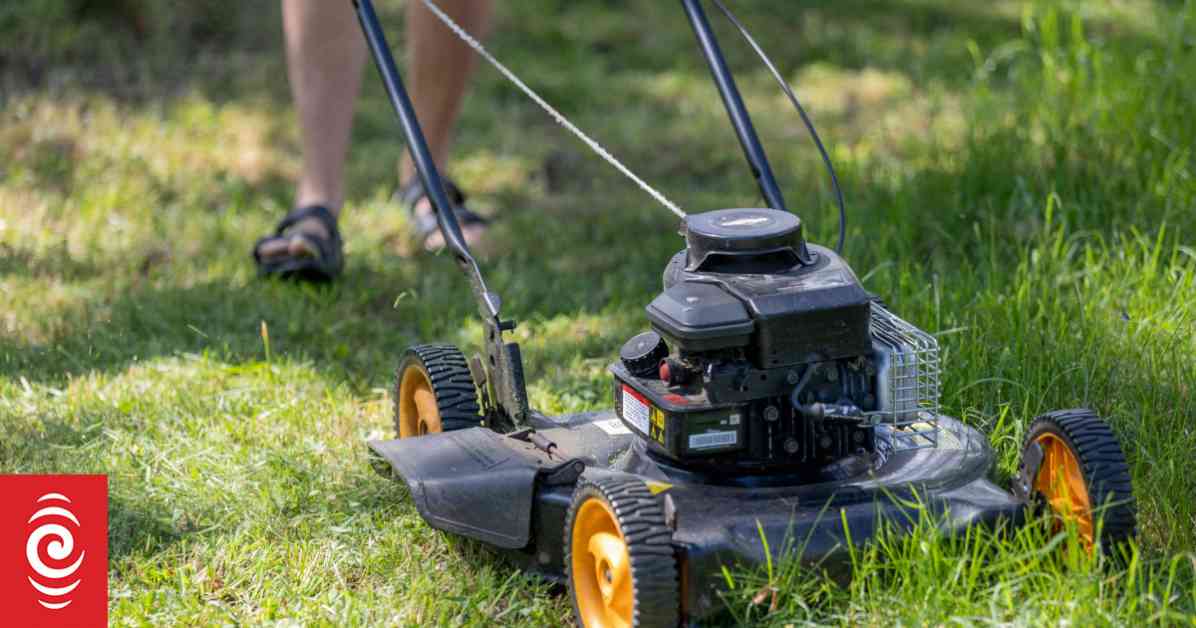Proper Lawn Care: Guidelines and Tips for Mowing Lawns in New Zealand
Lawnmowers buzzing, grass clippings scattered, and the unmistakable scent of freshly cut lawns – summer is here, and so are the sounds of lawn maintenance in full swing. But as the cacophony of lawnmowers fills the air, have you ever wondered about the unspoken rules and considerations behind proper lawn care in New Zealand? Let’s delve into the world of lawn mowing with experts Kurt Steinbauer and Joel Cross to uncover the guidelines and tips for maintaining a pristine lawn while respecting your neighbors and the environment.
Meet the Experts: Kurt Steinbauer and Joel Cross
Kurt Steinbauer, a seasoned professional with 25 years of experience, has grown his business, Lawn Mowing & Gardening Services Wellington, from humble beginnings to serving over 260 clients. On the other hand, Joel Cross, the founder of CrossWorks in Kaitāia, understands the importance of communication and respect when it comes to mowing lawns in a close-knit community like Far North.
Timing is Key: When to Mow Your Lawn
To avoid irking your neighbors or disrupting the peace, both Auckland and Christchurch City Councils recommend refraining from mowing your lawn before 7 am or after 10 pm. While the Wellington City Council leaves the timing open to common sense, Joel Cross emphasizes the importance of notifying clients in advance to minimize noise disturbances, especially if they are working from home.
Kurt Steinbauer’s team follows strict protocols, starting work at 9 am to respect the peaceful morning hours. With a focus on safety during fire restrictions, Fire and Emergency suggests mowing lawns early on dewy grass to reduce the risk of starting a blaze.
Maintaining Your Lawn: Frequency and Care
When it comes to the frequency of mowing your lawn, Kurt Steinbauer recommends every three weeks in spring and summer, and every four weeks in winter, depending on weather conditions. Meanwhile, Joel Cross prioritizes fortnightly mowing to upkeep the appearance of lawns in Far North.
In terms of additional services like spraying weeds, trimming edges, or managing clippings, communication is key. Joel Cross suggests discussing shared responsibilities with neighbors to ensure a harmonious environment. When dealing with clippings, both experts advocate for mulching to promote natural fertilization and reduce waste.
Community Relations: Addressing Neighborly Concerns
If you find yourself in a situation where a neighbor’s lawn mowing schedule disrupts your peace, Kurt Steinbauer advises open communication. Understanding each other’s needs and constraints can lead to an amicable solution. However, if the issue persists, contacting your council’s noise control officers is an option, provided the noise levels breach the Resource Management Act standards.
In the end, maintaining a well-groomed lawn involves more than just aesthetics – it requires consideration, communication, and respect for your community. By following these guidelines and tips from experts like Kurt Steinbauer and Joel Cross, you can ensure that your lawn care practices contribute to a harmonious neighborhood environment. So, the next time you hear the hum of lawnmowers in your area, remember the unwritten rules of proper lawn care and be a good neighbor!





